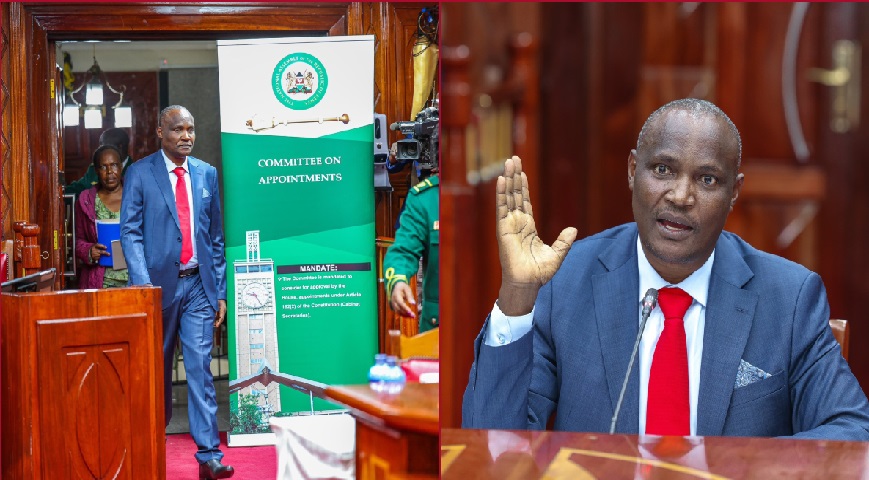On August 18, 2024, Treasury Cabinet Secretary John Mbadi announced that several provisions from the previously dismissed Finance Bill 2024 might be reintroduced in a new set of amendments currently under review. During an interview with Citizen TV, Mbadi explained that while there were initially 53 proposed amendments, this number has been reduced to 49 after extensive discussions.
One of the key amendments under consideration is the reintroduction of the controversial Eco Levy. The government remains steadfast in its determination to pass this levy, which is intended to boost the country’s economy. "Initially, 53 amendments were suggested, but after review, we have trimmed them down to 49," Mbadi stated.
However, Mbadi clarified that certain contentious items, such as sanitary pads, would be exempt from the Eco Levy. "The Eco Levy will target products that contribute to environmental pollution, but we will exclude items that have sparked significant debate, such as sanitary pads," he added.
Earlier, multinational corporations strongly opposed the imposition of a 10 percent tax on all imported goods, warning that such a measure could threaten their operations in Kenya. Some companies even considered withdrawing from the country if the levy were implemented. The rejection of the Finance Bill 2024 placed the government in a challenging position, particularly after the Finance Bill 2023 was also declared unconstitutional.
Just two days after the Finance Bill 2024 was rejected, President William Ruto signed the Appropriation Bill 2024 to provide temporary financial relief as the government seeks funding to support its development agenda. The government aims to raise Ksh150 billion through these amendments, which will be allocated to pay teachers, fund higher education for new university students, and finance healthcare and development projects without resorting to additional borrowing.
Did you read this?
Furthermore, President Ruto announced a Ksh174 billion reduction in the national budget and hinted at the possibility of securing a Ksh169 billion loan to address the remaining budget deficit.









